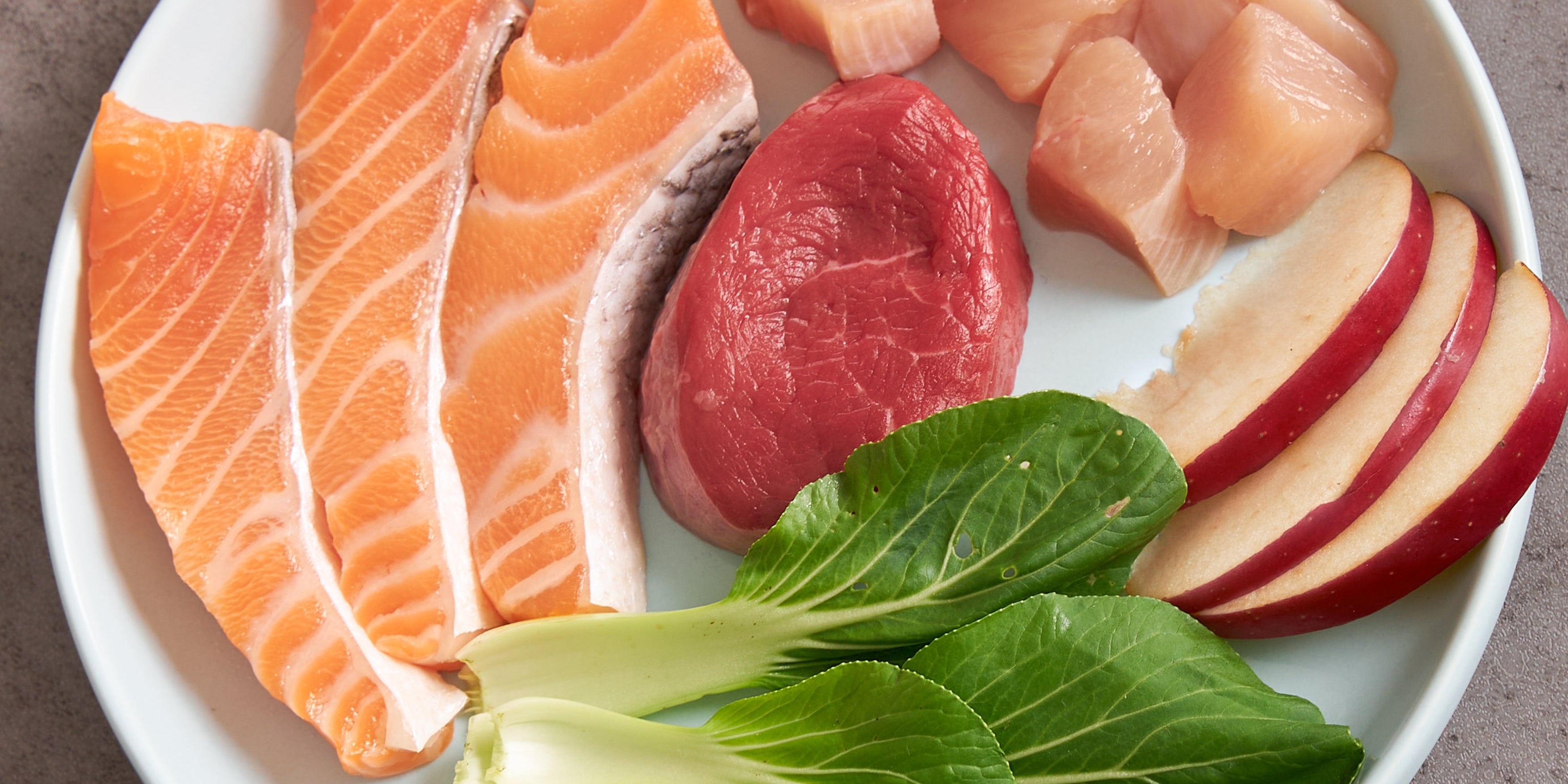Why Pet Nutrition Matters
Proper nutrition is the foundation of your pet’s:
-
Overall health and immunity
-
Skin, coat, and dental health
-
Energy and weight balance
-
Long-term disease prevention
Poor-quality food can lead to allergies, digestive problems, obesity, and even chronic conditions over time. So, choosing the right food is more than a routine decision — it’s a daily act of love and care.
Understand Your Pet’s Life Stage and Health Needs
Your pet’s age, size, breed, and medical conditions all influence what kind of food is best.
For Dogs and Cats:
-
Kittens & Puppies need higher calories, protein, and DHA for growth.
-
Adult pets need maintenance diets that balance protein, fat, and fiber.
-
Senior pets may benefit from joint support, lower calories, or easily digestible formulas.
-
Pets with health issues (kidney disease, obesity, allergies, etc.) often require prescription or vet-recommended diets.
👉 Always check the label for a “complete and balanced” statement appropriate to your pet’s life stage.
Wet Food vs. Dry Food: What’s the Difference?
Dry Food (Kibble)
-
Convenient, affordable, and easy to store.
-
Helps reduce tartar buildup with chewing.
-
Often higher in carbohydrates.
Best for: Busy households, large dogs, or pets with good hydration and dental health.
Wet Food (Canned or Pouch)
-
High in moisture — great for urinary health and picky eaters.
-
More palatable and closer to a natural diet.
-
Shorter shelf life once opened.
Best for: Cats, small dogs, pets with low water intake, or those with dental or digestion issues.
Combo Feeding
Many pet parents mix wet and dry to get the best of both: hydration, flavor, and cost-effectiveness.
Whether it’s kibble, wet, raw, or fresh — the goal is the same: balanced, high-quality nutrition that keeps your pet healthy, happy, and thriving.
Choose food that’s:
-
Nutritionally complete
-
Free from low-quality fillers
-
Aligned with your pet’s age, size, and health
-
Enjoyed and digested well

